ANALYSIS – In an unexpected, but long overdue move, the Pentagon has stated it will no longer work with directors if their movies will be censored by Beijing. This follows directly on the heels of Vietnam banning the movie ‘Barbie’ over its inclusion of a China-friendly map of the South China Sea.
That movie’s producers apparently caved to Chinese pressure and included the map showing China essentially owning the South China Sea, which it does not, despite its claims. And Vietnam wasn’t happy.
But, as I previously wrote, this Chinese censorship problem really exploded with last year’s release of Tom Cruise’s blockbuster “Top Gun: Maverick.”
And now the Pentagon, thanks to GOP Senator Ted Cruz, has made it clear it now bans any military assistance to directors who plan to comply (or will likely comply) with censorship demands from the Chinese regime in order to distribute their movie in China.
In trailers for the ‘Maverick’ film shown in 2019, the flags of Taiwan and Japan had been removed from Capt. Pete “Maverick” Mitchell’s flight jacket worn by Cruise in the 1986 original “Top Gun” movie.
The flags were part of a Far East Cruise patch commemorating the 1963-64 deployment by the USS Galveston off Japan and Taiwan. In the preview clip for the movie in 2019, those two historically accurate flags were replaced by generic nonsensical symbols.
This shameless kowtowing was an apparent attempt to appease Chinese investor Tencent. But after serious blowback in the U.S. — and after Tencent reportedly dropped its investment in the film – the flags were restored in the final version of the film.
In another example, Chinese government censors actually pushed the producers of “Spider-man: No Way Home” to remove the Statue of Liberty, according to Puck. This, likely due to its association with the Tiananmen Square protests.
Thankfully, the studio did not comply, and that movie wasn’t shown in China.
The Defense Department updated its rules for working with movie studios after Cruz (R-Texas) inserted language, known as the SCRIPT Act. into the fiscal 2023 defense policy bill.
Cruz has strongly condemned Beijing’s censorship of Hollywood films.
“What does it say to the world when Maverick is scared of the Chinese communists?” he said at the time.
The latest Top Gun movie also reportedly showed us a peek at what might be the SR-72 – the super-secret experimental hypersonic spy plane under development by Lockheed Martin. It was called the ‘Darkstar’ in the film.
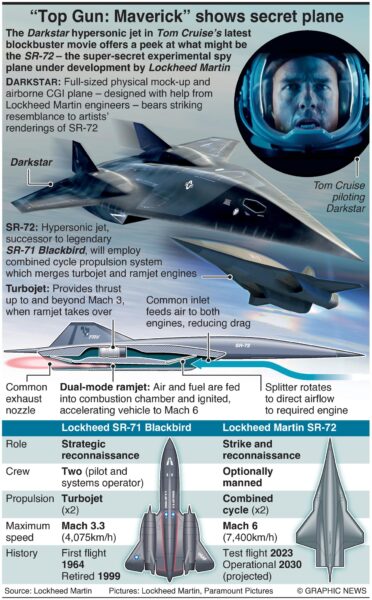
Providing more context, Politico reported:
According to a new Defense Department document obtained by POLITICO, filmmakers who want the U.S. military to help with their projects must now pledge that they won’t let Beijing alter those films.
The DOD “will not provide production assistance when there is demonstrable evidence that the production has complied or is likely to comply with a demand from the Government of the People’s Republic of China … to censor the content of the project in a material manner to advance the national interest of the People’s Republic of China,” the document reads.
Hollywood and the Defense Department have enjoyed a symbiotic relationship for decades. The Pentagon has allowed filmmakers to shoot their projects on military bases, Navy ships, or other locations, and weighs in on filmmaking processes. The military benefits from positive portrayals of service members, and moviemakers benefit from authentic settings and technical expertise.
But as China’s ruling Communist Party has developed increasingly advanced censorship and surveillance tools, countless American companies — including Hollywood studios — have sought to comply with Beijing’s demands while attempting to dodge stateside pushback.
However, from now on, producers of films greenlighted by the Defense Department must notify the Pentagon “in writing of such a censorship demand, including the terms of such demand, and whether the project has complied or is likely to comply with a demand for such censorship.”
But not just that. DoD will also weigh any “verifiable information” from people not involved in the production who indicate that producers could comply with a censorship demand.
So, hopefully Hollywood will stop caving to China’s blackmail, or risk losing access to their much-loved Pentagon collaboration.
Opinions expressed by contributors do not necessarily reflect the views of Great America News Desk.


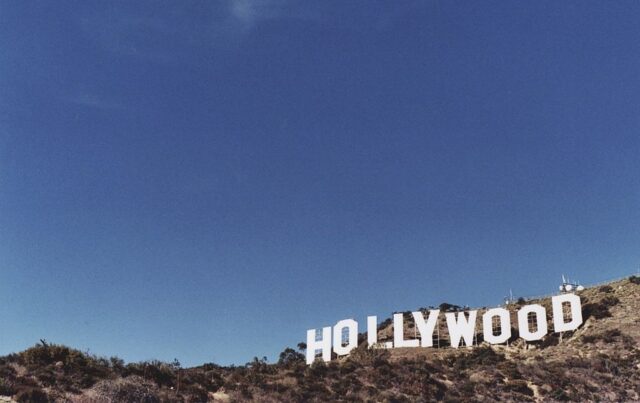
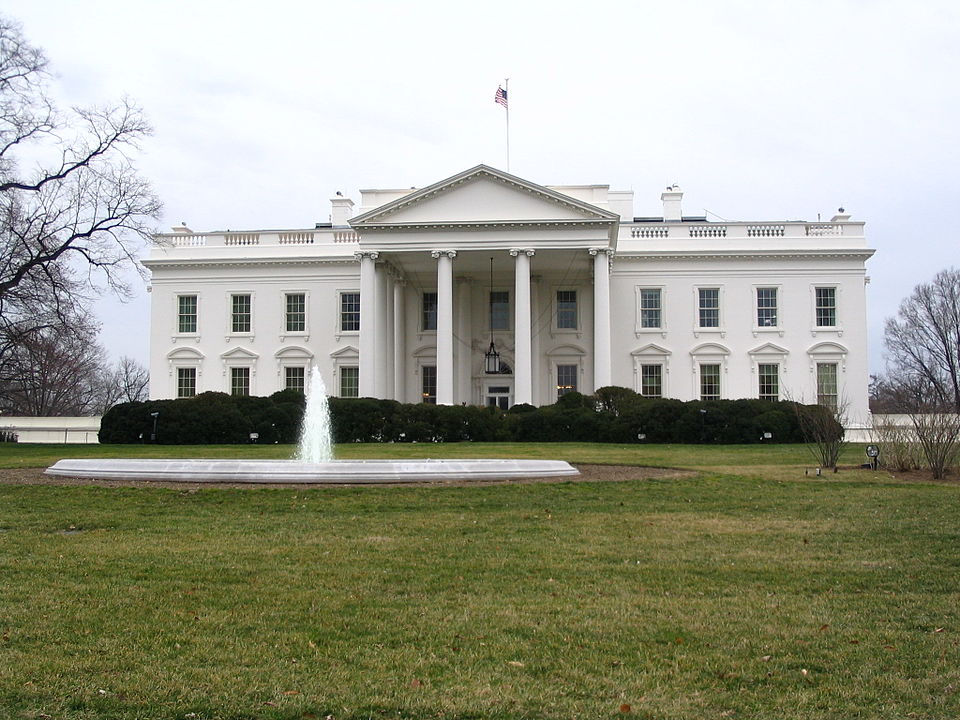

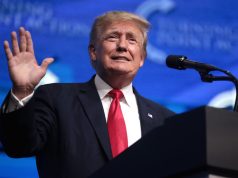
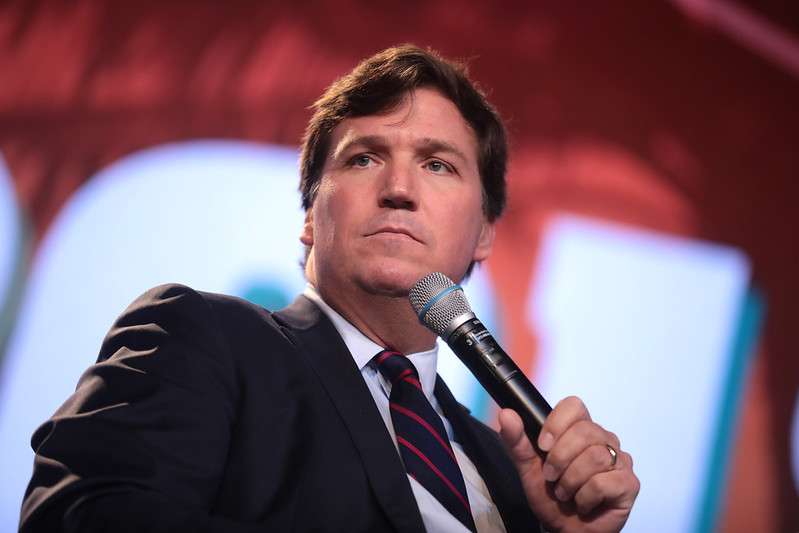
Politely suggest to China, regarding their censorship desires, that they seriously consider sticking them into that place whether sun shines not.